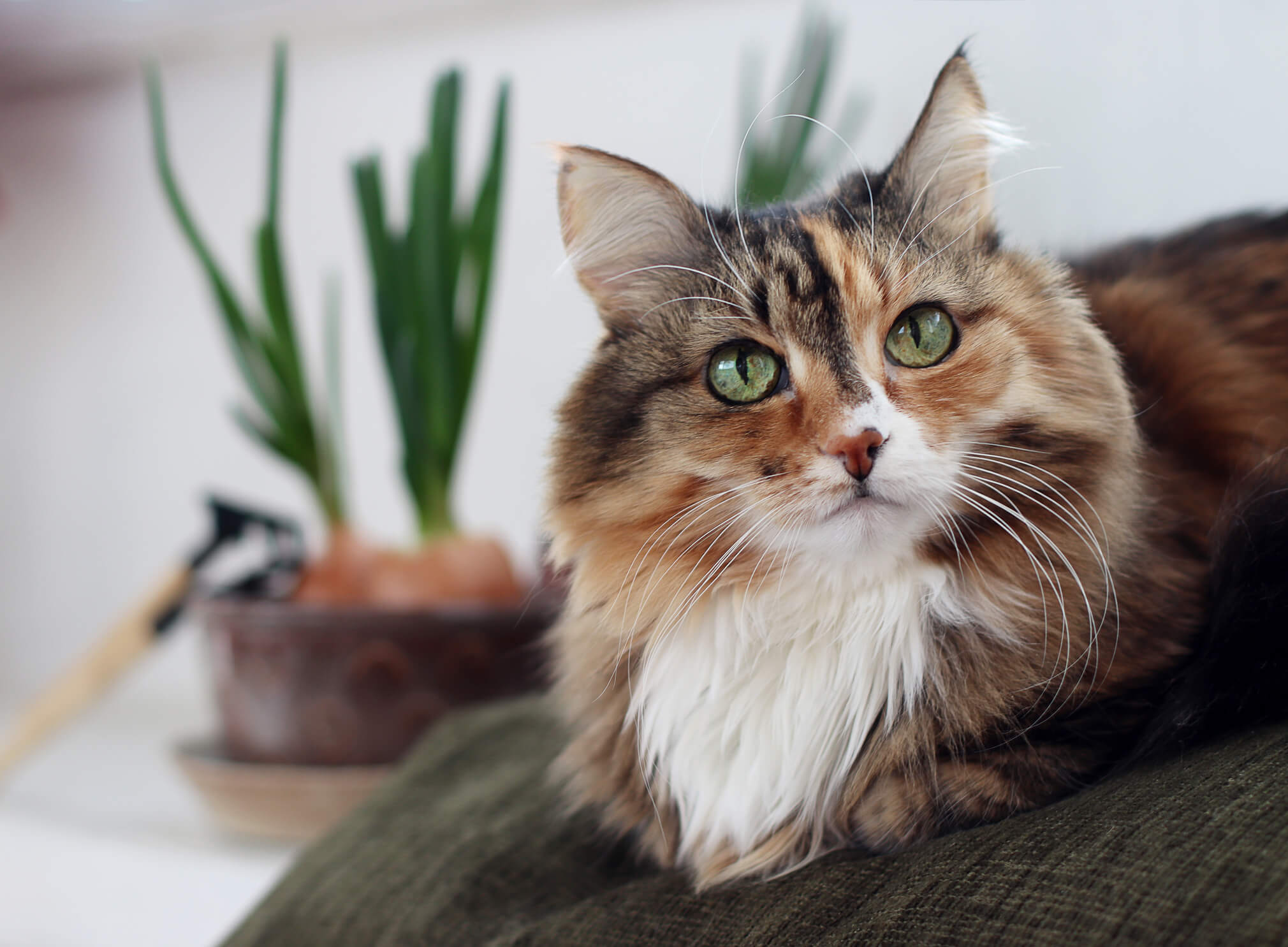
Which Cats Benefit Most from Immune Support?
The average adult cat has a healthy immune system. If a cat gets sick, they can take it in stride and make a speedy recovery. However, not all cats are that lucky. Factors like age, chronic illness and medical history play a role in determining which cats need more help than others.
Here are the main groups of cats that might benefit from extra immune support.
Litter of newborn kittens
Kittens are known for having weaker immune systems. They’re still growing, which means their immune systems aren’t fully developed quite yet. During the developmental stage, kittens are more prone to getting sick than their adult peers. That’s why immune support is crucial during a kitten’s first few weeks of life.
As your kitty starts to grow, limit their interactions with other animals. Keep furry companions in a separate part of the home until your kitty grows big and strong. Newborn kittens should also remain inside the house to avoid contact with wild animals or stray cats that could be carrying contagious diseases. Follow a vet’s guidance on when to vaccinate your kitten so they’re protected during future interactions with animals.
Senior cats prone to disease
The immune system is weakest at the beginning and end of a cat’s life. The bodily functions of a senior cat don’t work as well as they used to, and the immune system is no exception. Much like their kitten counterparts, older cats often have weaker immune systems that put them at an increased risk of contracting viral infections. What’s more, aging makes cats more likely to develop a number of chronic illnesses like arthritis, kidney disease, heart disease and diabetes.
Cat owners can’t cure age, but what they can do is fortify a senior cat’s immune system so the cat enjoys a longer life. Bring your cat to the vet for bi-annual exams in order to detect the early onset of chronic illness. During these visits, your vet can also run a series of lab tests to determine if the cat has any nutrient deficiencies. They might recommend a special diet that supplies your kitty with the right nutrients and keeps their immune system going strong.

Cats with a chronic viral infection
One of the most common infections among cats is the feline immunodeficiency virus (FIV). Cats with FIV carry a virus that attacks the immune system, making it very difficult to ward off other contagious diseases. Unlike healthy cats, those living with FIV get sick more easily and experience symptoms way worse than a minor case of the sniffles.
FIV is a lifelong illness with no known cure. However, there’s still plenty that cat owners can do to offset the effects of a weakened immune system. Immune supplements are available to provide immune support for FIV patients. Always consult a vet before feeding your cat supplements because they can give you helpful recommendations on which brands and ingredients to look for.
Cats receiving cancer treatment
Much like their human companions, cats are at risk for all types of cancer. Chemotherapy is an effective cancer treatment for cats, but it also leaves the body vulnerable to infection. Chemotherapy medicine doesn’t discriminate between cancer cells and normal body cells, including ones that live in the immune system. A weakened immune system means cats with cancer are more likely to suffer from infections during treatment.
Furry companions undergoing chemotherapy shouldn’t come in direct contact with other cats. If you have multiple pets, try to keep them in separate areas of the house for the duration of treatment. You should extend immune support to all cats in the home, especially if they like to roam outdoors. Cats with compromised immune systems are only as healthy as their siblings.
Cats who are stressed out
Stress has been linked to a weaker immune system in cats. Many environmental factors can contribute to stress like moving into a new home, other household pets, changes in routine and a lack of stimulation. Symptoms such as excessive yowling, sudden aggression, hiding, peeing outside the litter box and more could indicate you’ve got a stressed kitty on your hands.
The best thing owners can do for a stressed cat is improve their living space. If you just moved, use pheromone sprays or plug-in diffusers to help your cat feel more at ease. Ask a vet or professional trainer for tips on how to socialize multiple pets and help them play nice with each other. Make sure your home is equipped with cat trees, ledges and cat toys so your kitty has opportunities for exercise and mental stimulation.
You know your cat better than anyone else. It’s up to you to be proactive and seek veterinary guidance when a cat starts exhibiting unusual symptoms. Every stage in life comes with its own unique challenges, and cat owners must be ready to step in and provide immune support to keep their kitty healthy and strong for life.


